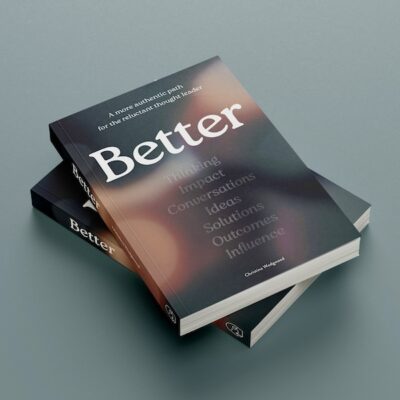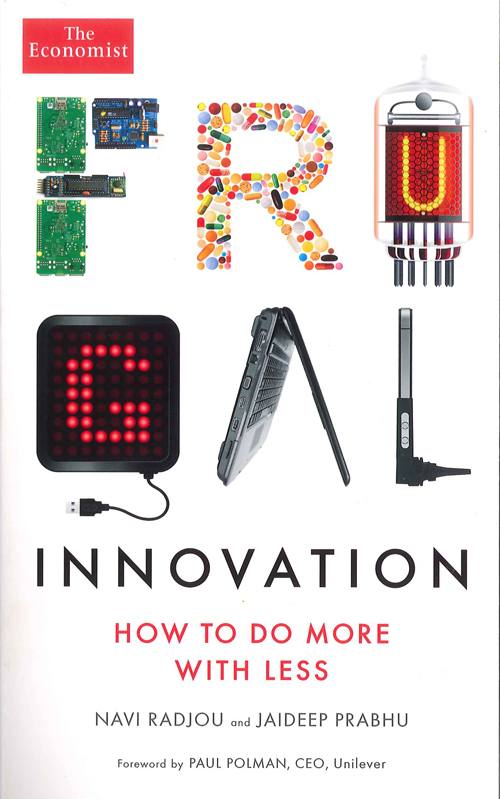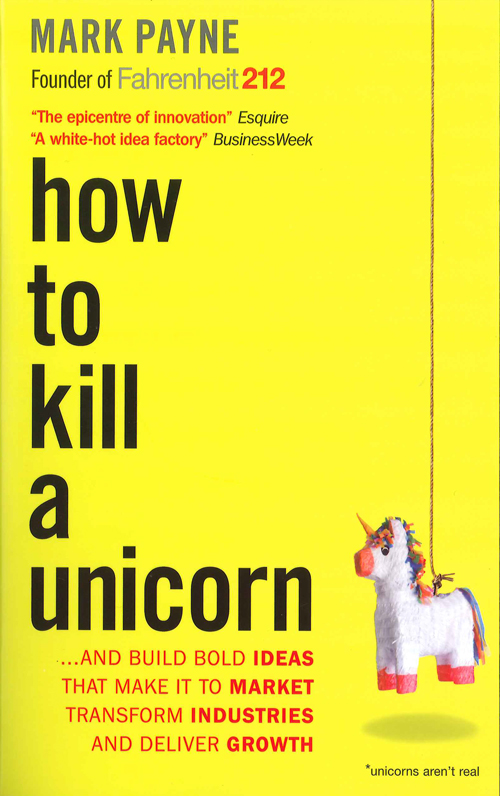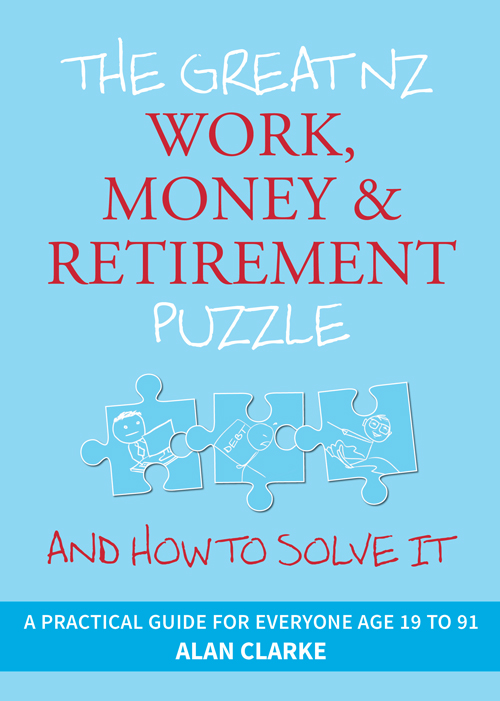Drowning in Oil
I'm betting not too many NZBusiness readers head up mega-massive international oil companies, so it’s fair to grizzle about why any striving entrepreneur from Taradale or Twizel would want […]
1.8K
| I'm betting not too many NZBusiness readers head up mega-massive international oil companies, so it’s fair to grizzle about why any striving entrepreneur from Taradale or Twizel would want to read this book. The simple answer is: besides being highly topical, at its heart, this book is about a company focusing on the wrong things. In BP’s case, it’s about a fractured management culture that talked about safety yet emphasised profit. Drowning in Oil is a sorry tale of what can happen when a company makes long-running cuts to training, outsources key staff and focuses on the dollars at the expense of people. Sound familiar? It’s about listening to staff when they raise concerns. And it’s about homing in on what an organisation truly values and, therefore, measures, improves and celebrates. That topic is relevant to every business person. BP, this book concludes, got ‘lost in a maze of feel-good, consultant-driven programs and policies’. It ‘rah-rahed’ to the media about its fantastic personal safety record while insisting workers skip vital equipment safety checks. For anyone caught up in the current simplistic ‘fluoro jackets are good: plastic bags are bad’ mantra, this is a case of missing the wood for the trees on a gobsmackingly grand scale. Drowning in Oil pivots on the explosion in April last year aboard the Deepwater Horizon rig in the ‘high-risk, high-reward’ Macondo prospect, about 66 kilometres off the Louisiana coast in the Gulf of Mexico. The explosion killed 11 people and unleashed millions of barrels of oil that would gush out into the Gulf for the next three months. The book also chronicles a litany of BP woes: among them, the 2005 explosion at the company’s Texas City refinery that killed 15 people and injured hundreds more; the spectacular capsize in the same year of the BP/Exxon Mobil Thunder Horse offshore oil platform; and a spot of rogue trading in propane. Loren Steffy is the business columnist for the Houston Chronicle. He started covering BP in 2005. He’s now so steeped in the topic he could pour oil on his morning cornflakes while blindfolded. I’m not sure anyone should give me a hard hat and grant me an exclusive licence to run the world’s oil rigs. But Steffy is especially good at untangling the technical side of the oil business. After a while I relaxed into the book knowing that when he mentions underwater thrusters, capping stacks and annular compression theory I can rely on him to explain what it all means. Steffy works hard to bring his fact-filled story to life by focusing on individuals. He says in an end-note about his sources that he’s tried for five years to interview former BP CEO Lord Browne. “All of my requests, including one specifically for this book, have been ignored.” Understandably, many people who survived the Deepwater Horizon disaster declined to go over their stories again for Steffy’s book and instead referred him to their public testimonies. Steffy makes the most of what face-time he did get. He’s etched into my mind a world of people who like nothing more than bunking off for crawfish boils and skeet-shooting contests, and whose craggy faces resemble the back end of a rhinoceros. Maybe that’s Texas for you. Or perhaps the oil industry attracts people with what my mother would have called ‘interesting’ faces and little access to Oil of Olay. |






